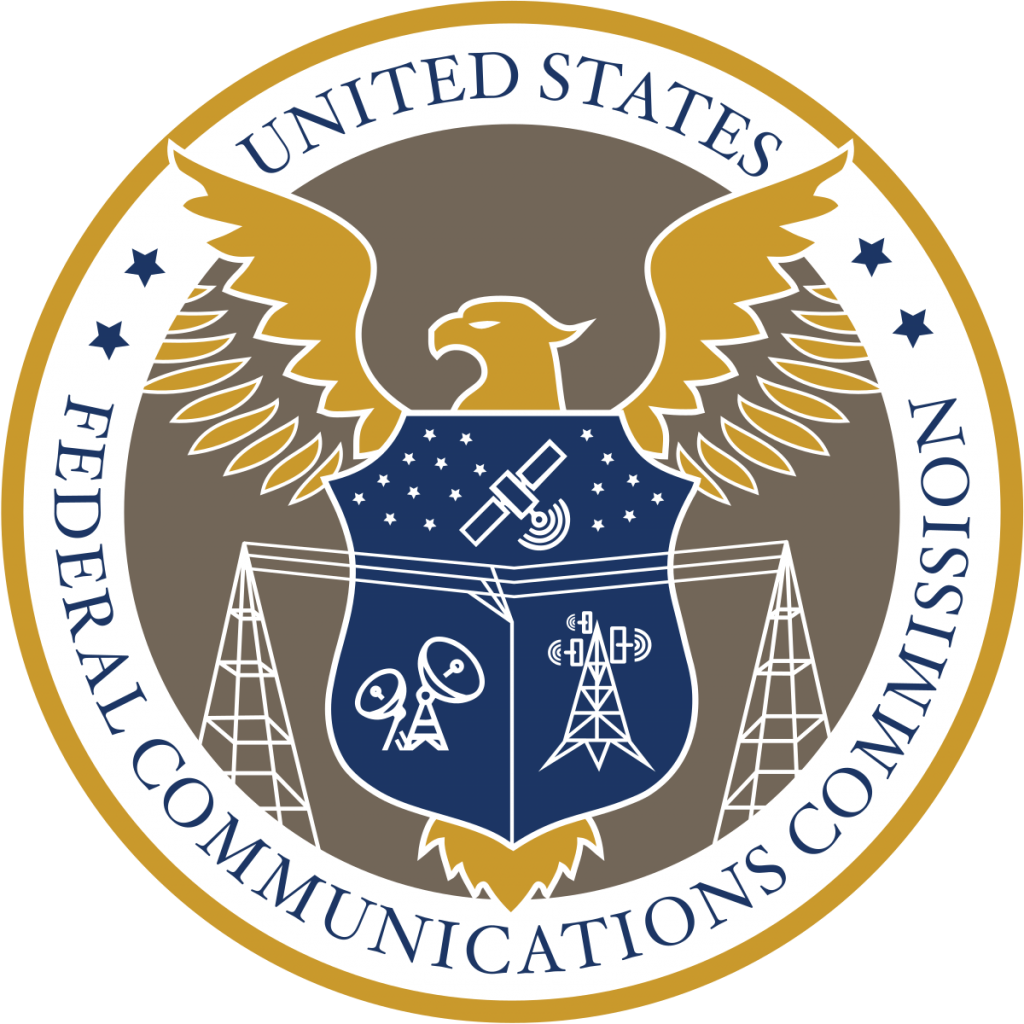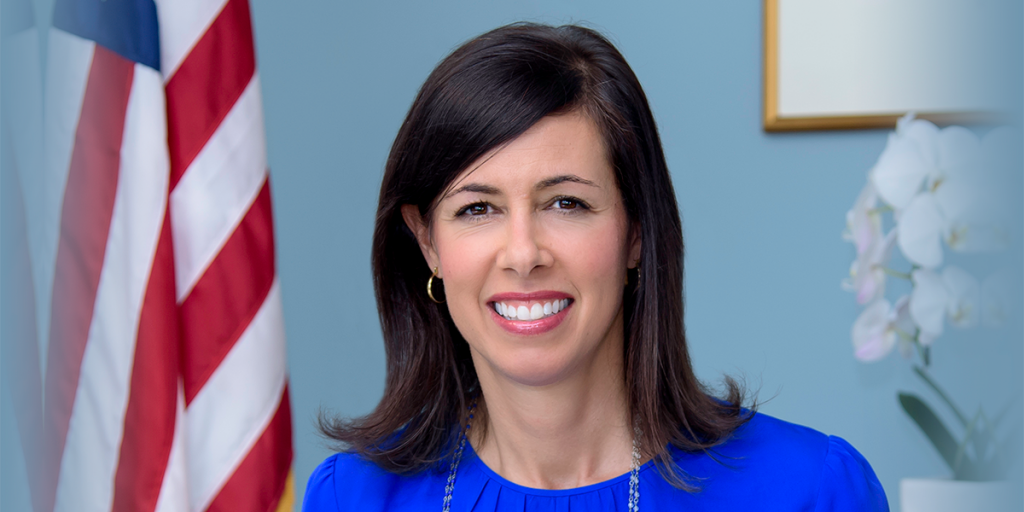It’s been a busy month for the US Federal Communications Commission (FCC), as its declared war on phone scammers was stepped up. Business technology journalist, Antony Savvas says its network cut-off tactics against miscreants should definitely be considered in other telco markets as a priority.
Online scams across the web and mobile devices continue in abundance, against the vulnerable, the too curious, and sometimes simply the greedy. The temptation for a bargain, to address money worries or to be part of a get-rich-quick scheme, will always appeal to a section of the population when delivered directly to them over the telecoms network.
The FCC is attempting to reduce that temptation by going after the source of it directly, through proactive investigations and heavy punishment. This has even led to some nuisance communications actors approaching the FCC to clarify whether their tactics are, in fact, illegal.
Ringless voicemail

The FCC this month said callers must obtain a consumer’s consent before delivering “ringless voicemail”, a message left in a consumer’s mailbox without ringing their cell phone.
The US Telephone Consumer Protection Act (TCPA), which protects consumers from unwanted “robocalls”, prohibits making any non-emergency call using an automatic telephone dialling system or an artificial or pre-recorded voice to a wireless telephone number, without the prior express consent of the called party.
The Commission confirmed that ringless voicemail is a form of robocall, and is illegal if the caller did not have the consumer’s consent. It says violations can be enforced by the FCC or the consumer can sue in court.
“Imagine finding robocallers leaving junk voicemails on your phone without it ever having rung. It’s annoying and it’s happening to too many of us. We’re taking action to ensure these deceptive practices don’t find a way around our robocall rules and into consumers’ inboxes,” says FCC chairwoman, Jessica Rosenworcel.
The Declaratory Ruling and Order denies a petition filed by All About the Message, and two other similar petitions from other companies, that asked the Commission to find that delivery of a message directly to a consumer’s cell phone voicemail is not a call protected by the TCPA. The FCC had already received complaints about such voicemails.
Robocalls blocked

The FCC’s Robocall Response Team, also this month, announced new actions to cut off a flood of scam robocalls related to student loan debts. That came after its Enforcement Bureau believed “upwards of 40%” of student loan debt robocalls generated last month, originated from just one voice service provider: Urth Access.
The Bureau told the service provider that it must “cease and desist carrying this apparently illegal traffic”, and ordered all telcos to be “on the lookout for this traffic”, to block it.
Rosenworcel says: “The Bureau has opened a formal case and is investigating these calls for possible further legal action. We’re slamming the door on these pernicious calls, cutting them off to protect the millions of Americans who may be targeted simply because they have school loans.
“This is a new and more nimble FCC tool that we are putting to quick use here, and won’t hesitate to use again in order to prevent these scam calls from getting through and reaching consumers.”

Using data from YouMail, a call blocking application, the FCC’s Enforcement Bureau identified student loan robocall campaigns reaching YouMail subscribers in October 2022. “The apparent recent spike in student loan debt scam calls appears to have followed the announcement in August of the US president’s student loan forgiveness programme,” the FCC says.
FCC Enforcement Bureau chief, Loyaan Egal adds, “We continue to pursue innovative tactics within our legal authority for combating scam robocallers. To maximise our efforts, we’re taking the fight to robocall bad actors and disrupting their operational capabilities, by precisely targeting the largest sources of illegal robocalls in specific sectors. This action [in relation to Urth Access] is an example of this strategy.”
The Bureau issued a Public Notice “authorising” all US-based voice service providers to cease carrying any traffic originating from Urth Access. If they do, they risk action being taken against themselves too.
Service provider cut off
While the FCC authorised the telco ecosystem not to do business with Urth Access, it has also, for the first time, actually cut off a service provider from other networks, effectively shutting it down in the US.

The company, Global UC, failed to meet the FCC’s requirements for protecting consumers against scam robocalls and malicious caller ID spoofing. The Enforcement Bureau ordered that Global UC be removed from the Robocall Mitigation Database, with that order “requiring all intermediate providers and terminating voice service providers to cease accepting the company’s traffic”.
“For too long, robocalls have flooded our phones and facilitated fraud,” says Rosenworcel. “We are cutting providers off and preventing them from accessing our networks when they fail to demonstrate they will protect consumers.
“This is a novel way to stop robocalls and it’s one we are going to keep using until we get this junk off the line.”
Certification in the Robocall Mitigation Database requires implementation of STIR/SHAKEN caller ID authentication protocols and/or detailed robocall mitigation plans for any portions of their networks where STIR/SHAKEN cannot be implemented, like on non-IP networks.
The FCC is proving it does not have to take an army of ripped off phone service users to fill the airwaves and newspapers, with their tales of woe and fraud, to act against the scammers. Its proactive approach should be copied by other countries’ regulatory bodies.
Comment on this article below or via Twitter: @VanillaPlus OR @jcvplus”







